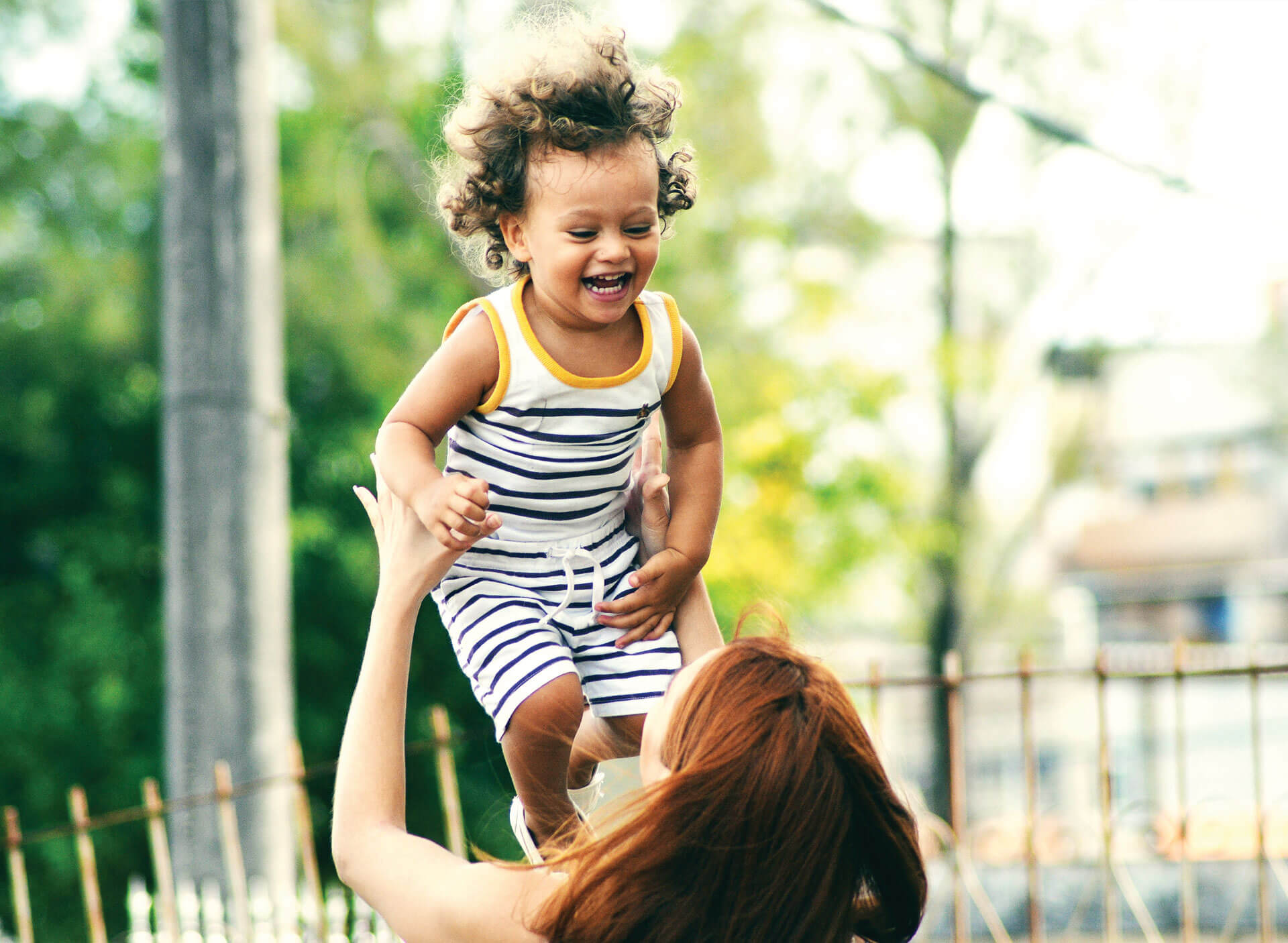
It’s natural to want your children to have the perfect childhood – but the pressure to be perfect is exhausting. What if being a ‘good enough’ parent was better for us and our kids?
In the digital age, we have a vast amount of information at our fingertips about what is good for our kids and what isn’t. The good news is it means we can make informed choices as parents. We have access to knowledge about health, development and nutrition that previous generations lacked, and our children undoubtedly benefit from it. But the downside is information overload. Dr Andrew Wake, child psychiatrist and author of The ‘Good Enough’ Parent says “A hundred years ago, there were very few options, so it was easy to choose what you should do.” Today, he says, we’re burdened by too much choice. When we’re surrounded by so much knowledge, we feel immense pressure to get things right and crippling guilt when we don’t. Our confidence fails as we exhaust ourselves trying to achieve unattainable goals.
We’re only human
But humans are, by nature, imperfect creatures. Dr Wake believes that the mistakes we make aren’t just unavoidable – they are a vital part of parenting. The constant pursuit of perfection leaves little room for the messy business of growth. If we never stumble, we never learn – and nor do our children.
What if we could loosen up AND become better parents? We don’t need to get everything right all of the time, in fact, it’s better if we mess up now and then. This liberating premise is the basis of ‘good enough’ parenting.
What is enough?
As parents, we must adequately meet our children’s needs: ensure they feel a strong attachment to us, they’re safe and well-fed, get enough sleep and exercise, receive an education and have connections within the community. We need to provide enough affection and love, as well as firm boundaries to govern behaviour. It’s this secure base that allows a child to go out, explore the world and take risks. It’s also fundamental to their emotional development.
Perhaps counterintuitively, we also need to ensure our children are missing out enough. As Dr Wake explains in his book, missing out where appropriate allows a child the chance to learn how to deal with their anger. We don’t always get what we want in life, and it’s our job as parents to teach our children how to cope with disappointment when it happens.
Dr Susan David is a psychologist at Harvard Medical School and author of Emotional Agility. She argues that when we shield our children from adversity, they never get to experience failure and build resilience as they overcome it.

A mantra
A mantra of good enough parenting is “support when you can, save when you must,” says Dr Wake. If your child is drowning, you rescue her – no question. But if she is contending with a problem that is not life or death – a poor exam grade or a fight with a friend – let her first try to work it out for herself. “Every time you save someone, you weaken them,” he says. “Every time you step in and tell a child what to do, you’re actually making them more dependent on you.” Of course, the needs of a toddler are more hands-on than a teenager. “The younger they are, the more you step in,” says Dr Wake.
“We all stuff up – parents yell at their kids, we all say things we wish we didn’t say, do things we wish we didn’t do,” says Dr Wake. “We try to understand each other, and we make a plan for next time.”























